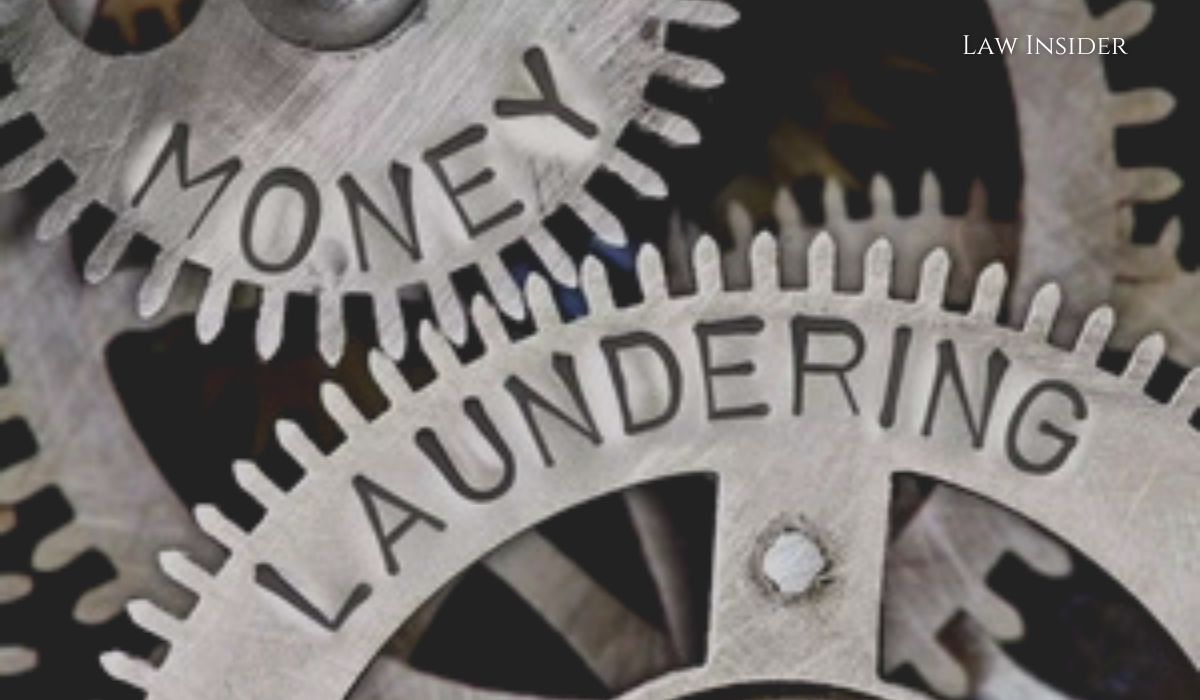Bhuvana Marni
Published on: November 2, 2022 at 21:03 IST
The Supreme Court ruled that anybody who gives money to a public servant with the intent to bribe him is considered a party related to the “proceeds of crime” and will be prosecuted under the Prevention of Money Laundering Act (PMLA).
According to a division bench consisting of Chief Justice UU Lalit and Justice Bela M Trivedi, what matters is whether the individual giving over the money intended it to be a bribe.
“Such intent having been entertained well before the amount is actually handed over, the person concerned would certainly be involved in the process or activity connected with ‘proceeds of crime’ including among other things, the aspects of possession or acquisition thereof.
By handing over the money with the intent of giving bribe, such person will be assisting or will knowingly be a party to an activity connected with the proceeds of crime,” the bench held in its order passed on October 31.
According to the court, the money would not have the character of being the proceeds of a crime without such active participation on the part of the person involved.
“The relevant expressions from Section 3 of the PML Act are thus wide enough to cover the role played by such person,” the bench added.
The Madras High Court’s decision to quash proceedings against one Padmanabhan Kishore, who was arrested under the PMLA, was therefore overturned by the bench.
The Central Bureau of Investigation (CBI) first charged him in August 2011 for paying a bribe of Rs. 50 lakh to an Additional Commissioner of Income Tax in Chennai, who was responsible for determining his income.
According to the relevant sections of the Prevention of Corruption Act, the CBI had filed charges against him and the other officials.
After the central agency filed a charge sheet against the defendants, including Kishore, it disclosed a scheduled offence. As a result, the ED entered the picture and in 2016 filed a case against the accused.
The accused said that the amount in question could not be considered tainted money as long as it was in his possession.
The public worker cannot be considered associated with the proceeds of crime since such money only becomes tainted after he receives it.
Therefore, it was argued, he could not be sued under the PMLA.
The bench alluded to the PMLA law’s definition of “proceeds of crime,” which states that any property that a person derives or obtains as the consequence of criminal activity related to a scheduled offence is a proceed of crime.
It also pointed out that Section 3 of the PMLA, under which Kishore was arrested, states that anyone who knowingly assists, is a party to or engages in any process or activity connected with the proceeds of crime, including their concealment, possession, acquisition, or use, is guilty of the crime of money-laundering.
“It is true that so long as the amount is in the hands of a bribe giver, and till it does not get impressed with the requisite intent and is handed over as a bribe, it would be untainted money. If the money is handed over without such intent, it would be a mere entrustment.”
“If it is thereafter appropriated by the public servant, the offence would be of misappropriation or species thereof but certainly not of bribe,” the Court observed.
It then referred to the complaint registered by the ED against Kishore and said that its bare perusal made it clear that Kishore was prima facie involved in the activity connected with the proceeds of crime.
“The view taken by the Madras High Court that he cannot be held liable for the offence under the PML Act is thus completely incorrect,” the Court held.
The Court, however, clarified that the observations in the judgment are prima facie in nature and for considering whether the allegations made by the prosecution if accepted to be true at this stage, would make out an offence or not.
As a result, the court quashed the Madras High Court’s rulings and instructed ED to again list Kishore as an accused party in its lawsuit.
Balbir Singh, Additional Solicitor General, defended the ED.
For the Accused, Senior Advocate S Nagamuthu made an appearance.
Case Title: Directorate of Enforcement vs. Padmanabhan Kishore

